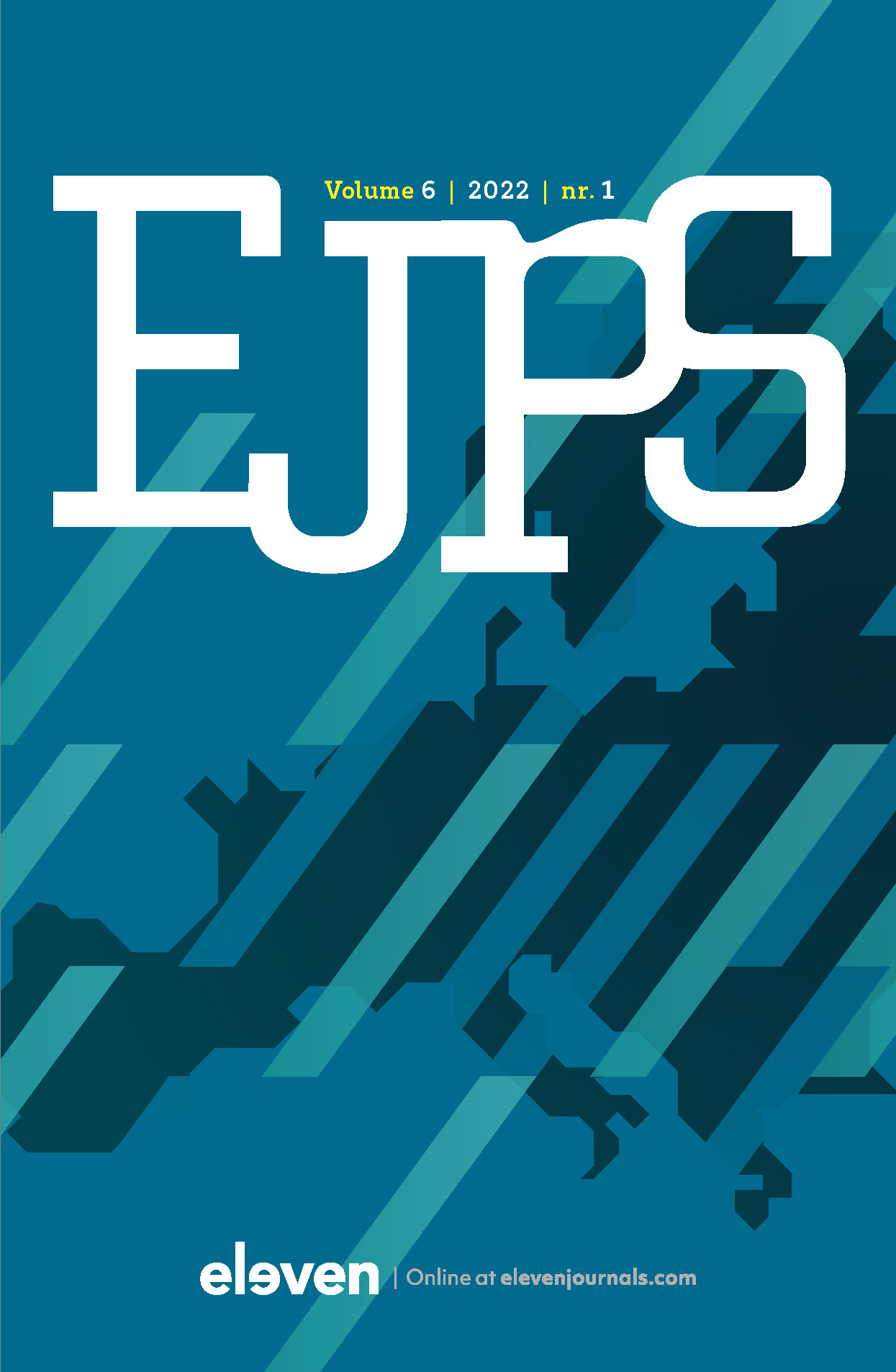|
Current police practices, such as criminal investigations, generate a variety of data that are potentially available to social science researchers. Despite the vital importance of criminal investigations in police operations, there has been limited research on criminal investigation practices. Here, we explore how research analysing police-generated investigation data would contribute to criminal justice and police research, and police organizations. We provide examples from Norwegian police registry data such as national criminal registers, police case files and data from forensic DNA databases. Police registry data may contribute to opening the ‘black box’ surrounding criminal investigation practices, thereby providing important insights into practices that are crucial for the development of organizational learning and knowledge creation. The original contribution of this paper is that it explores the untapped potential of analysing police-generated investigation data for research purposes, an issue that has not been sufficiently addressed in the literature on police performance and organizations. |


European Journal of Policing Studies
About this journalSubscribe to the email alerts for this journal here to receive notifications when a new issue is at your disposal.
| Article |
Aims and Scope |
| Authors | Antoinette Verhage, Lieselot Bisschop, Wim Hardyns e.a. |
| Article |
Exploring Criminal Investigation PracticesThe Benefits of Analysing Police-Generated Investigation Data |
| Keywords | Police registers, police studies, criminal investigation, investigation practices, police case files |
| Authors | Heidi Fischer and Johanne Yttri Dahl |
| AbstractAuthor's information |
| Article |
Is Police Culture Echoed in Southern Europe? The Case of Novice Police Constables in Cyprus |
| Keywords | brotherhood, cynicism, isolation, suspicion |
| Authors | Angelo G. Constantinou |
| AbstractAuthor's information |
|
It is often maintained that police norms, values, and beliefs, undergo fragmentation due to a series of causes. That is, the polymorphic nature of policing, the diversity of police personnel, and the dissimilar socioeconomic and political settings which surround the sphere of policing. As a result, the saliency of police values and beliefs (police culture), especially when put against an international backdrop, is doubted, if not denied. Such being the case, the article examines whether or not, police culture, as documented to subsist in Anglo-American police organisations, is reflected in the Cyprus Police. |
| Article |
Too big to fail, too powerful to jail? A convenience perspective by private internal investigations |
| Keywords | convenience theory, executive misconduct, Lehman Brothers, internal investigation, fraud examination |
| Authors | Petter Gottschalk |
| AbstractAuthor's information |
|
This article introduces convenience theory as an explanation for executive misconduct and crime. Reports of investigations by fraud examiners often document convenience, and internal reports can contribute to convenience. Based on a case study, this article discusses the role of private investigations when there is suspicion of white-collar crime. In the case of executives at Lehman Brothers, the private internal investigation report provides evidence of all three dimensions in convenience theory: motive in the economical dimension, opportunity to commit and conceal misconduct, and willingness for deviant behavior. At the same time, the investigation report concludes that executives before the bankruptcy did nothing wrong, thereby supporting the convenience perspective for members of the elite. |
| Article |
Wasting opportunities – prevention of illicit crossborder waste trafficking |
| Keywords | waste crime, crime script, illicit waste trafficking, environmental crime, situational crime prevention |
| Authors | Iina Sahramäki, Serena Favarin, Shanna Mehlbaum e.a. |
| AbstractAuthor's information |
|
This study aims to construct a consolidated crime script of cross-border illicit waste trafficking by analysing similarities in modus operandi. In addition, factors enabling illicit waste trafficking were studied. Research questions were analysed from a situational crime prevention point of view by applying crime script analysis to 13 judiciary case studies of illicit cross-border waste trafficking obtained from the Netherlands, Italy and Finland. The findings suggest that the potential offender usually has advanced knowledge of the waste market and of the legislation and regulation. The case studies also suggest that the lack and misuse of appropriate licenses and falsified documentation, as well as taking advantage of illicit and licit networks in facilitating activities, are prevailing characteristics in the illicit cross-border trafficking of waste. Despite the small number of cases, the findings imply the need to focus crime prevention efforts on the early stages of the crime commission process, such as planning the crime. |

